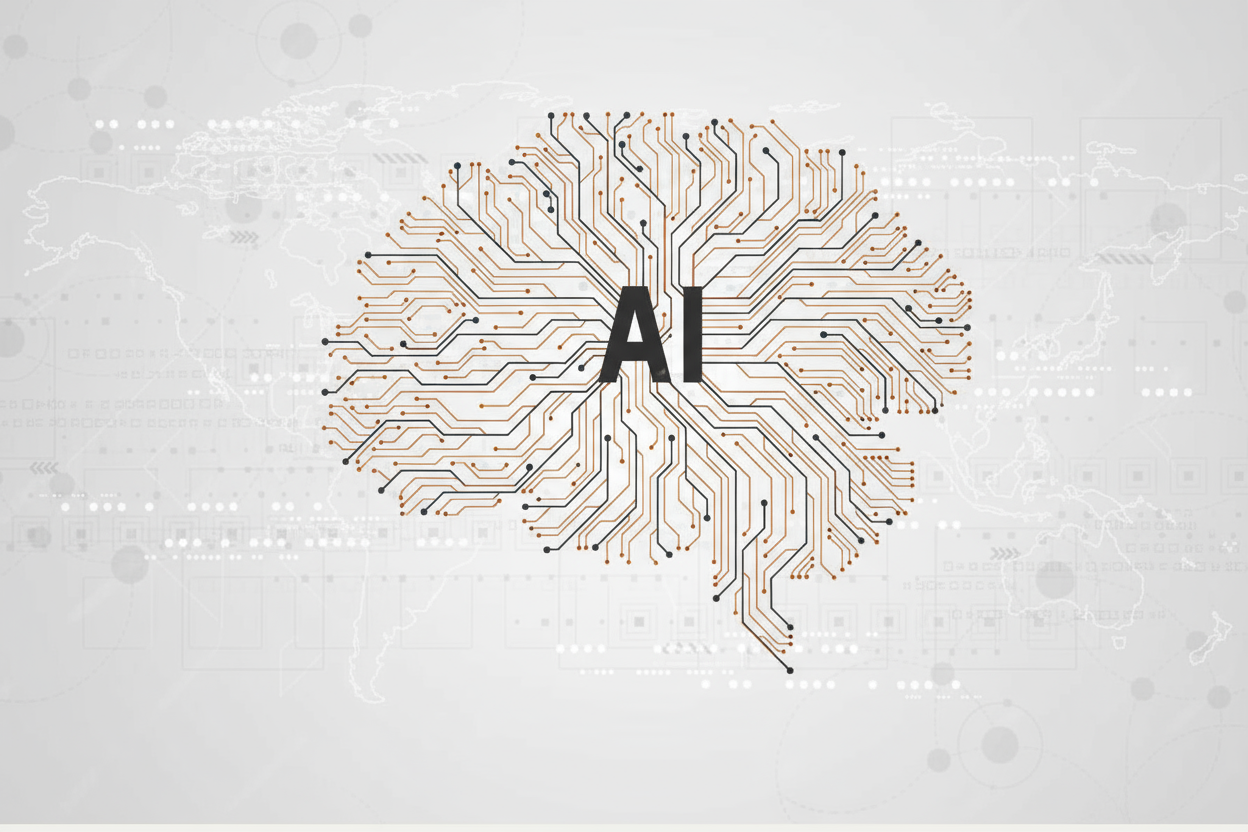AI/ML Careers for Non-CS PhDs
How PhDs from biology, physics, and chemistry can transition into AI/ML roles. Real career paths, skill-building strategies, and salary expectations with specific examples of successful transitions.

Why Non-CS PhDs Are Perfect for AI/ML
- • Domain expertise in biology, physics, chemistry creates unique AI applications
- • Research experience translates perfectly to ML experimentation
- • Statistical analysis skills are core to machine learning
- • Scientific method = systematic approach to model development
The AI/ML Opportunity for PhD Scientists
The AI revolution needs more than computer scientists. Companies are desperately seeking professionals who can bridge the gap between domain expertise and machine learning. Your PhD background in natural sciences positions you perfectly for this intersection.
AI/ML Career Paths by PhD Field
Biology & Life Sciences PhDs
Computational Biologist/Bioinformatician
Apply ML to genomics, protein structure prediction, and drug discovery. Your biological knowledge is essential for feature engineering and result interpretation.
Medical AI/Healthcare ML Engineer
Develop diagnostic algorithms, medical imaging analysis, and clinical decision support systems.
Agricultural/Environmental AI Scientist
Use satellite imagery, sensor data, and ecological models to optimize farming and environmental monitoring.
Drug Discovery ML Scientist
Apply deep learning to molecule design, toxicity prediction, and clinical trial optimization.
Physics PhDs
Quantitative Researcher (Fintech/Trading)
Apply statistical mechanics and mathematical modeling to financial markets using ML algorithms.
Computer Vision Engineer
Your understanding of optics, signal processing, and image formation is perfect for CV applications.
Quantum ML Researcher
Develop quantum algorithms for machine learning and quantum-inspired classical ML methods.
Materials Informatics Scientist
Use ML to predict material properties and accelerate materials discovery for energy, electronics.
Chemistry PhDs
Chemical Informatics/Cheminformatics Specialist
Apply ML to molecular design, reaction prediction, and chemical process optimization.
Process Optimization ML Engineer
Optimize manufacturing processes using sensor data and predictive models in chemical plants.
Analytical Chemistry AI Specialist
Develop ML models for spectroscopy, chromatography, and mass spectrometry data analysis.
Energy Storage/Battery AI Researcher
Use electrochemistry knowledge with ML for battery optimization and energy storage solutions.
Your 8-Month AI/ML Transition Roadmap
Months 1-2: Programming Foundations
Essential Skills
- • Python programming (pandas, numpy, matplotlib)
- • Jupyter notebooks and data manipulation
- • Git version control basics
- • Linux command line fundamentals
Recommended Courses
- • Python for Data Science (Coursera)
- • Data Analysis with Python (freeCodeCamp)
- • Git and GitHub crash course
Months 3-4: Machine Learning Fundamentals
Core Concepts
- • Supervised vs unsupervised learning
- • Regression, classification, clustering
- • Cross-validation and model evaluation
- • Feature engineering and selection
Tools & Libraries
- • scikit-learn for classical ML
- • TensorFlow/PyTorch basics
- • Seaborn/Plotly for visualization
Months 5-6: Specialized Domain Projects
Project Ideas by Field
- • Biology: Protein classification, gene expression analysis
- • Physics: Particle detection, signal processing
- • Chemistry: Molecular property prediction
Portfolio Building
- • 2-3 domain-specific ML projects
- • Clean, documented GitHub repositories
- • Write technical blog posts about projects
Months 7-8: Job Search & Advanced Skills
Advanced Topics
- • Deep learning architectures
- • MLOps and model deployment
- • Cloud platforms (AWS, GCP, Azure)
- • A/B testing and experiment design
Job Search Strategy
- • Apply business language to technical skills
- • Network with ML professionals on LinkedIn
- • Practice coding interviews (LeetCode, HackerRank)
- • Prepare for ML system design questions
Proven Transition Strategies: From Lab to AI Career
Biology/Life Sciences → Healthcare AI
Focus on medical imaging, drug discovery AI, or bioinformatics projects. Build portfolios showcasing how your biological knowledge enhances AI model development and interpretation. Many healthcare AI companies specifically seek candidates with life sciences backgrounds.
Physics → Quantitative Finance & Tech
Leverage mathematical modeling and statistical analysis skills for algorithmic trading, risk modeling, or computer vision applications. Physics training in complex systems and mathematical rigor is highly valued in quantitative roles.
Chemistry → Materials & Energy AI
Apply chemical knowledge to materials informatics, battery optimization, or chemical process modeling. Energy companies and materials science firms increasingly use ML for discovery and optimization, valuing deep chemistry expertise.
AI/ML Interview Preparation for PhDs
Technical Interview Topics
- • Statistics & Probability: Distributions, hypothesis testing, Bayes' theorem
- • Machine Learning: Bias-variance tradeoff, overfitting, regularization
- • Linear Algebra: Eigenvectors, matrix decomposition, dimensionality reduction
- • Programming: Python coding, data structures, algorithm complexity
- • Domain Knowledge: How ML applies to your field of expertise
How to Stand Out as a PhD
- • Research Experience: Emphasize experimental design and hypothesis testing
- • Domain Expertise: Show how your field knowledge creates unique ML applications
- • Problem-Solving: Demonstrate systematic approach to complex problems
- • Communication: Ability to explain complex concepts clearly
- • Learning Agility: How you quickly mastered new technical skills
Comprehensive career guidance for PhD professionals transitioning to industry
Ready to Launch Your AI/ML Career?
Take our career assessment to discover which AI/ML path aligns best with your PhD background and create a personalized transition plan.